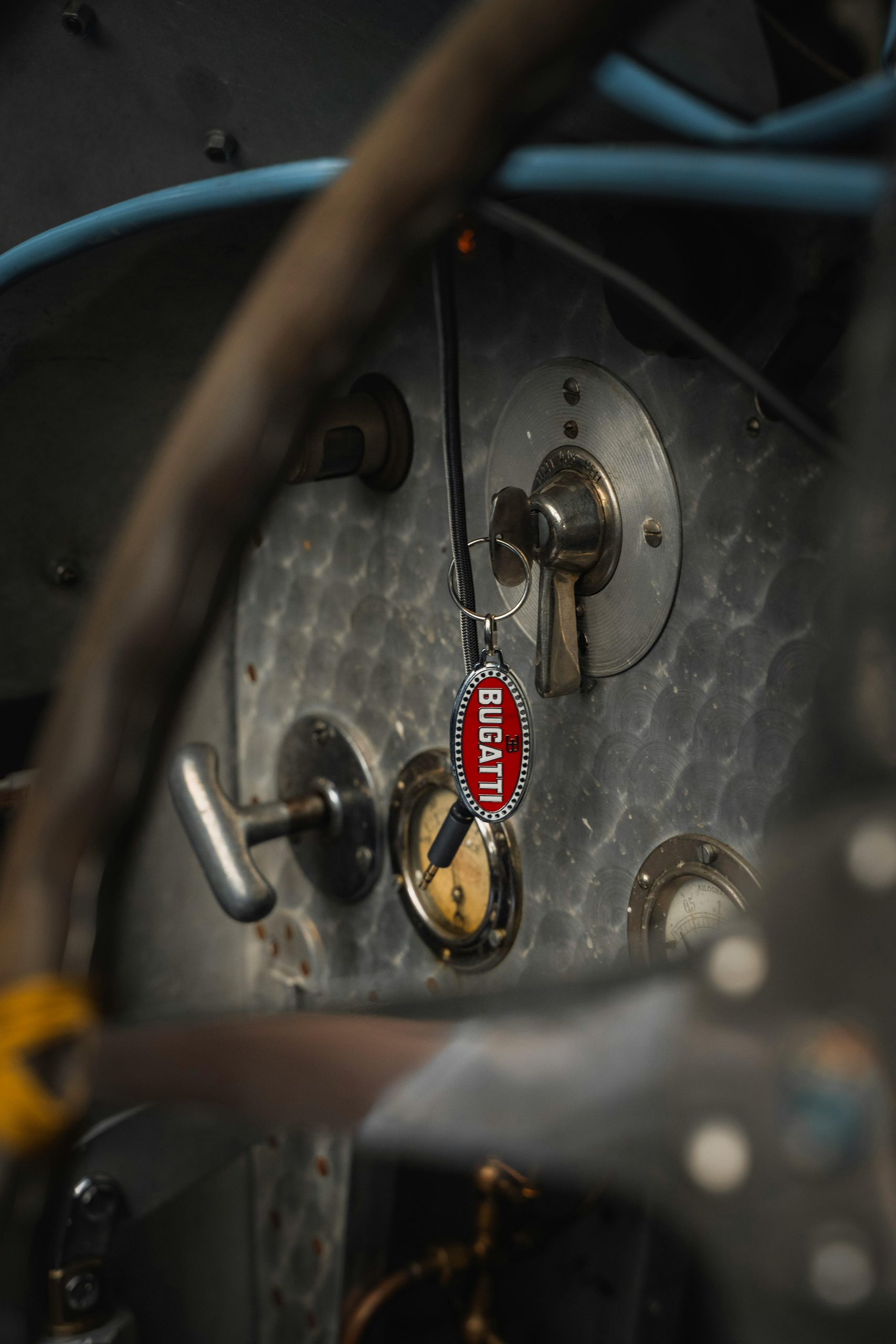If a zombie apocalypse started while I was in a major city, I would begin by assessing my immediate surroundings and prioritizing safety. The first step would involve securing a location that offers a substantial degree of protection—ideally a fortified or defensible building on higher ground to avoid immediate threats and have a broad view of the environment. I would swiftly gather essential supplies, including food, water, medical kits, and tools, ensuring to conserve and ration resources wisely.
Communication would be critical, so I would try to establish contact with any emergency services or community networks to gain information and coordinate with other survivors. Staying informed about safe zones or areas heavily infected would help in making strategic decisions.
For mobility, if remaining in the city becomes untenable, I would aim to have a plan that includes safe escape routes, potentially using maps or GPS if networks are operational, to reach less populated and safer rural areas. Traveling by foot or on a bicycle might be preferable to avoid traffic congestion and blocked roads.
Moreover, fostering alliances with other survivors would be essential for pooling resources, support, and defense. Safety in numbers might prove crucial in such a chaotic situation.
Throughout, maintaining a level-headed approach and being adaptable to rapidly changing circumstances would be vital for survival, always ready to shift strategies in response to evolving threats or opportunities.



